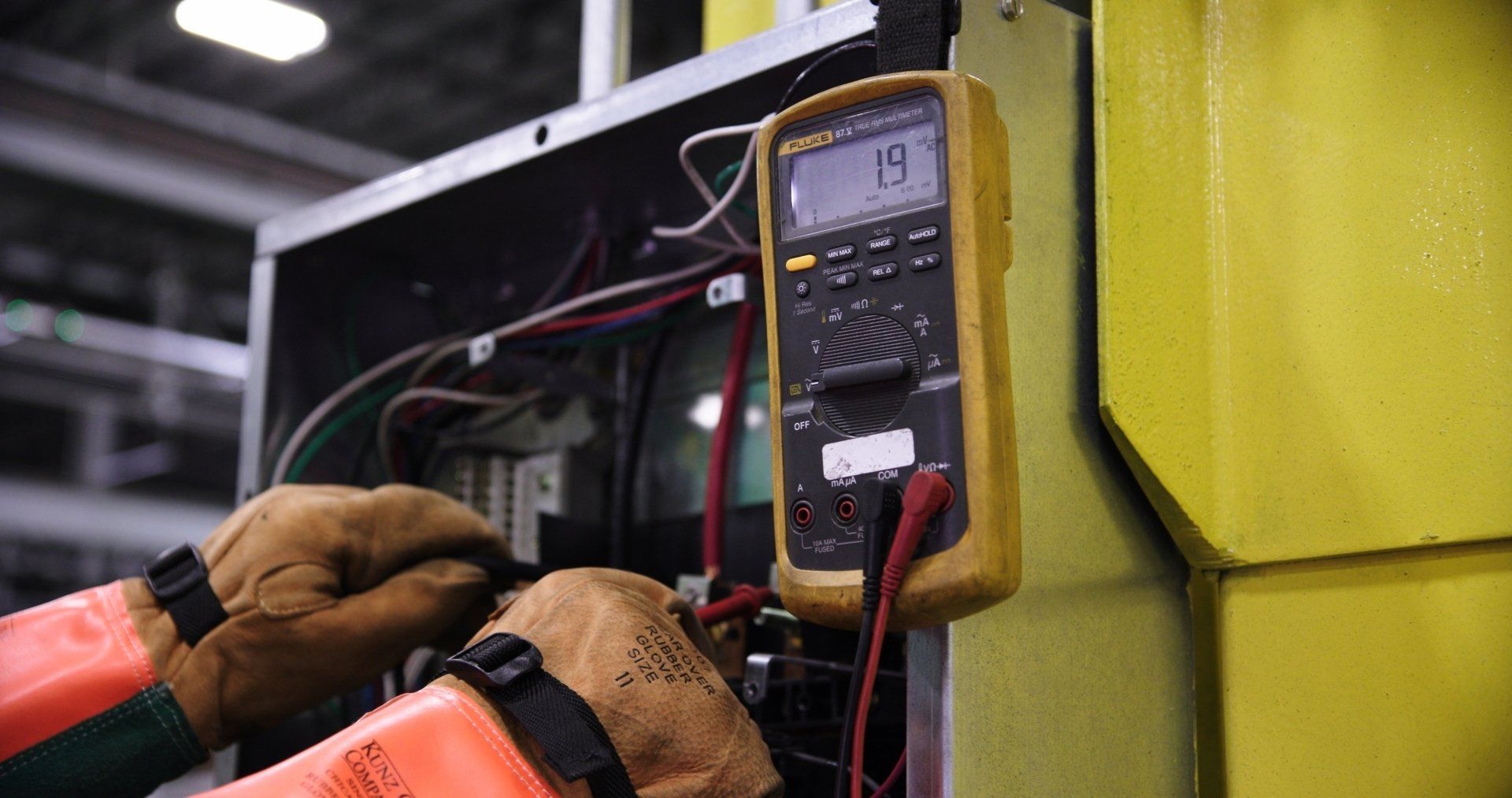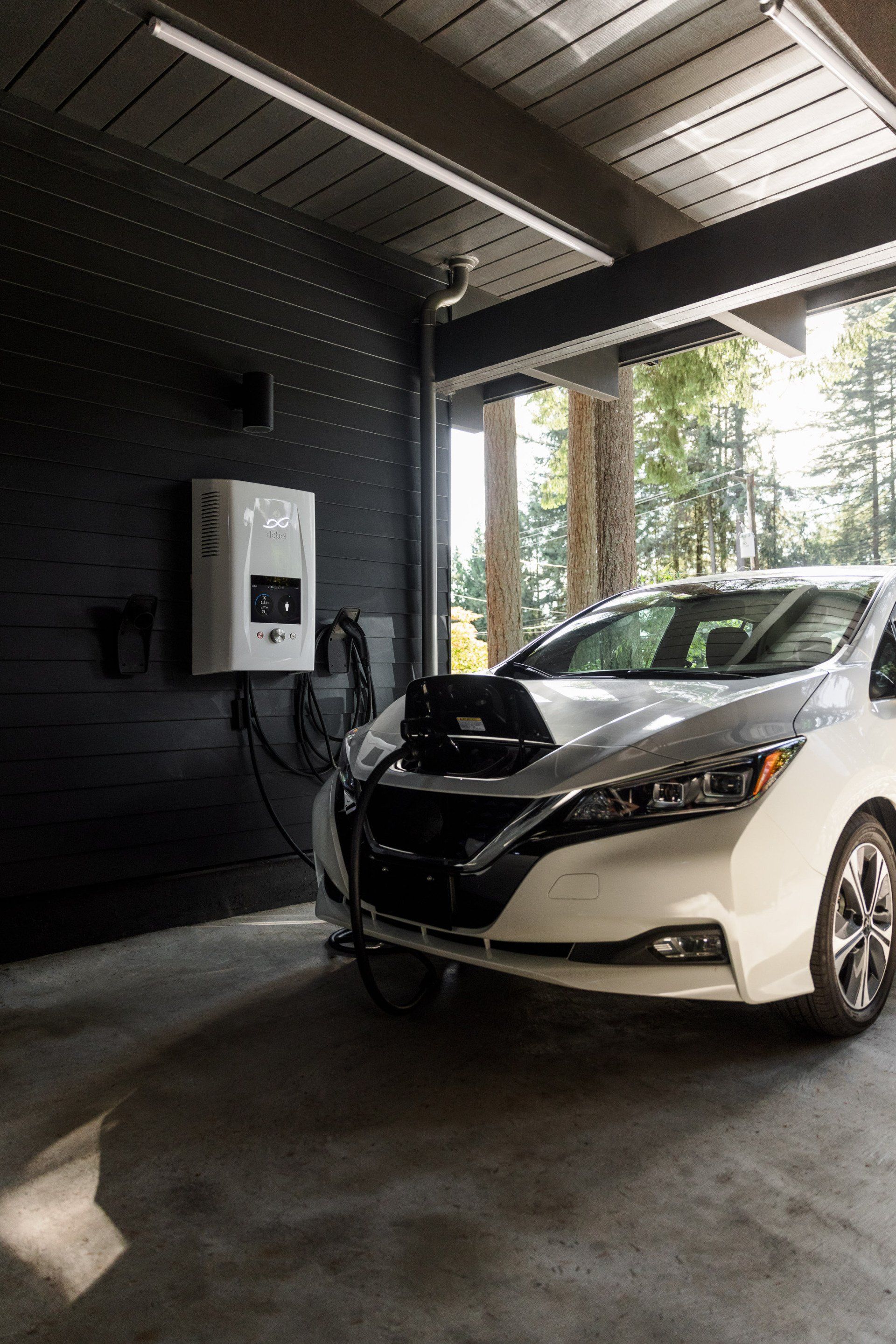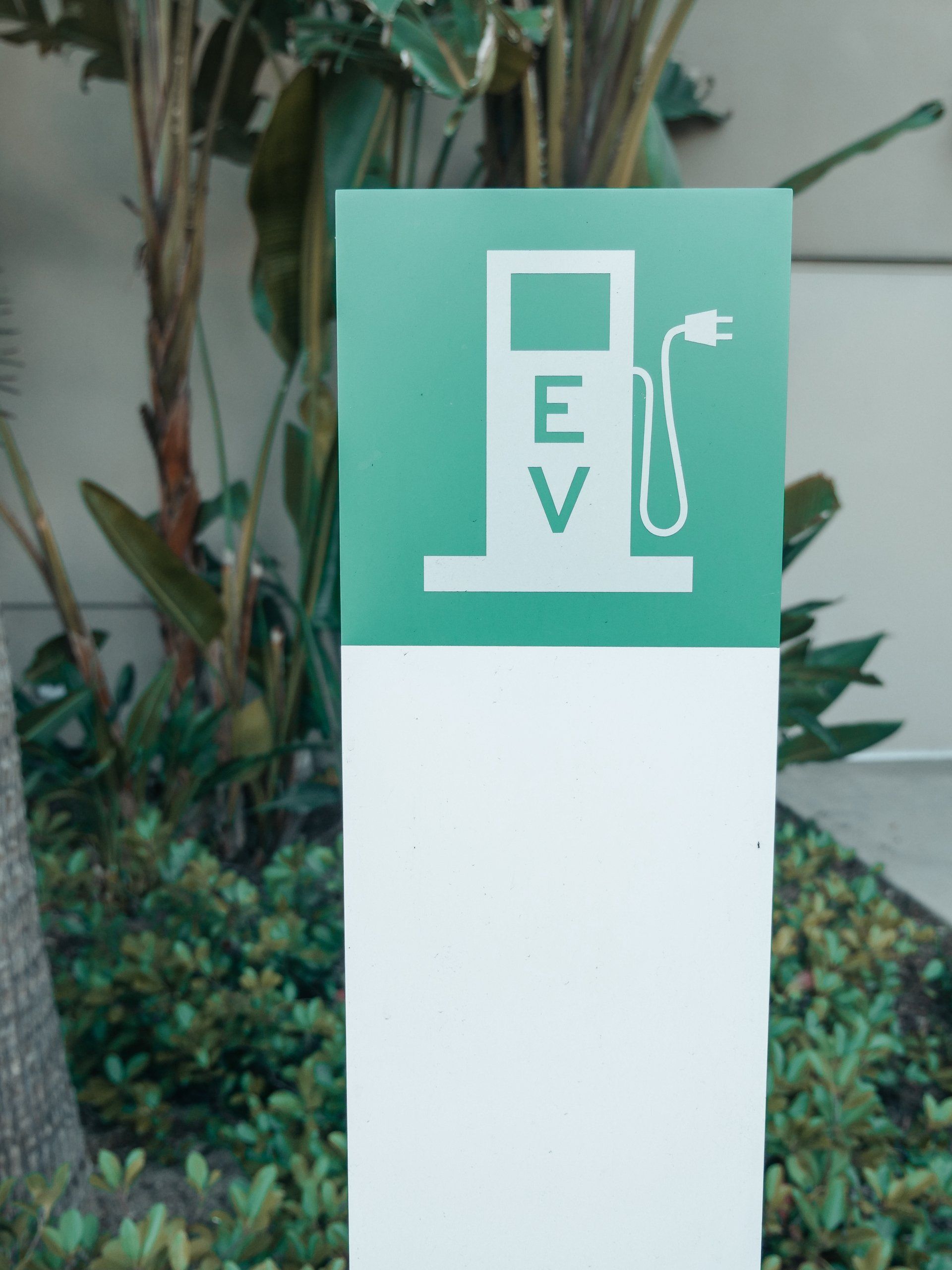Why You Should Upgrade to A Smart Electric Panel
Are you tired of constantly monitoring and managing your home's energy usage? A smart electric panel might be the solution you've been looking for. Here are a few reasons why you should consider switching to a smart electric panel:
1. Better Energy Management: A smart electric panel provides real-time data on your home's energy usage. This makes it easier for you to manage your energy consumption, reduce wastage and identify any potential problems. By keeping track of your energy usage, you can make adjustments to save money on your monthly bills and install energy-efficient appliances that further reduce your carbon footprint.
2. Remote Accessibility: With a smart panel, it's possible to monitor and manage your home's electricity usage from anywhere using your phone, computer or tablet. This type of remote access allows you to adjust your energy usage to your needs in real-time, even when you're away from home.
3. Improved Safety: A smart electric panel also alerts homeowners of any abnormalities in their energy usage, such as appliances drawing too much energy, which could be a potential fire hazard. This early warning system ensures prompt action to mitigate any risk and prevent accidents that could occur due to electrical faults.
4. Automation and Control: A smart electric panel can be automated to turn on or off specific appliances at scheduled times or when they are in idle mode. This can help increase energy efficiency, saving you money and reducing your environmental impact.
5. Integration with Smart Homes: Smart electric panels allow for easy integration with other smart home devices, such as smart thermostats, smart lighting systems and smart home security systems. These devices can be programmed to work together in concert, providing an optimized and automated energy efficient system.
In conclusion, a smart electric panel not only increases the efficiency of your home's electricity use but also makes it easier to implement a more environmentally conscious and sustainable lifestyle. It makes staying on top of your energy usage more convenient, automated and even safer by automating appliances, providing remote access and improved safety features. The cost-saving benefits of reduced energy waste and lower bills make it a great investment for anyone looking to upgrade their home.
Share on:




